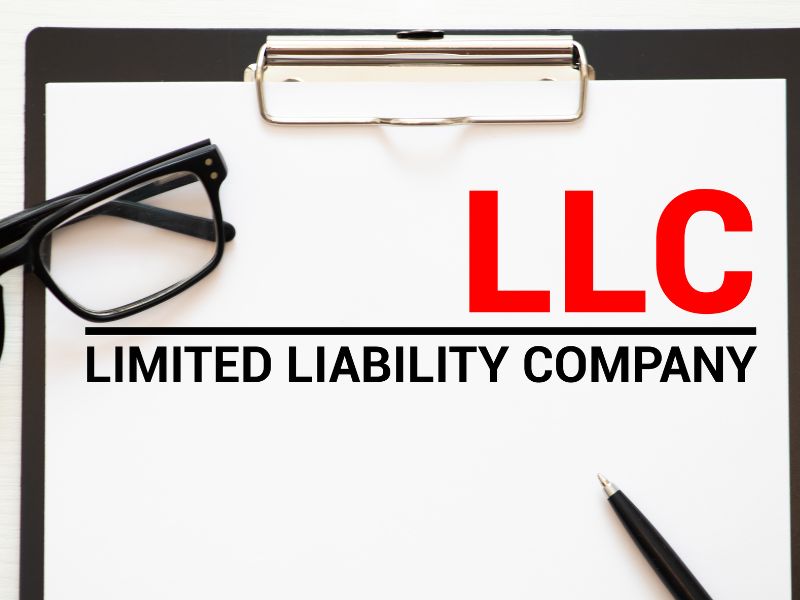Limited liability company (LLC) establishment can be a wonderful way to protect your assets. Follow this comprehensive guideline to set up your LLC.
1. Choose a Business Name
The first step is picking your LLC name. You’ll need to choose a name that is going to be unique for the state that you will be located in and it should also have a designation like “LLC” or “Limited Liability Company”. Your Secretary of State’s website will have an availability search, look there.
- Appoint a Registered Agent
All LLCs have an agent registered, which is a person or company that agrees to receive all legal documents instead of the LLC. The registered agent will need to have a physical address in the state where your LLC is formed. You can choose to act in your own capacity, that of a friend or family member, or you can opt for a registered agent service which is run by a professional.
- File Articles of Organization
When you submit your Articles of Organization (or Certificate of Formation) to the Secretary of State’s office, the LLC becomes formally established. It is the one that requires you to register your business address, registered agent, and LLC name. Each state has different filing requirements and costs.
- Create an Operating Agreement
An Operating Agreement is an internal document that provides information on the ownership structure of LLC members, the duties of members, and business processes for the LLC. You should create one even if your state does not require one when registering. The contract may be customized in a way that is perfect for your business.
- Get an EIN
Generally, the LLCs require an EIN (Employer Identification Number) for taxes and bank operations. The procedure of applying for the federal tax ID number is easy and can be done on the IRS website after you’ve filed your LLC with the state. It is free to register directly with the IRS and you will receive your tax ID immediately.
- Comply with State Requirements
The administrative and legal procedures for starting and running a LLC vary by state, and may involve notices to be published in newspapers, organizational meetings, and an annual report to be submitted. Make sure you know what is required for your business to operate in the state.
- Set Up a Business Bank Account
By using the EIN, you will be able to open a business account in the name of your LLC. You will need your LLC documents from the state and your operating agreement listing you as having authority to create and manage bank accounts wen you go down to set up an account.
- Get Business licenses and permits that are secure
A lot of business operations require the acquisition of licenses and permits in order to comply with the law. Research requirements of your industry and place of your company. Regular examples are business and occupation license, food service permits, sales tax filings, and professional licenses.
- Get Business Insurance
Business insurance is one of the things to consider because it can help you protect your LLC. Work together with an insurer to choose policies that fit your needs and are priced reasonably. The most typical types of insurance are general liability insurance, professional liability insurance, and commercial property insurance.
LLC creation is a significant step towards protecting your personal assets when you start or plan to expand a company. However, lawful compliance remains complicated and time consuming which must be taken into consideration. Get your LLC filing, annual reporting and compliance issues managed by the experts at Truspan Financial and focus on your business. Connect with us today to find out more and get started with our business formation and compliance services.

